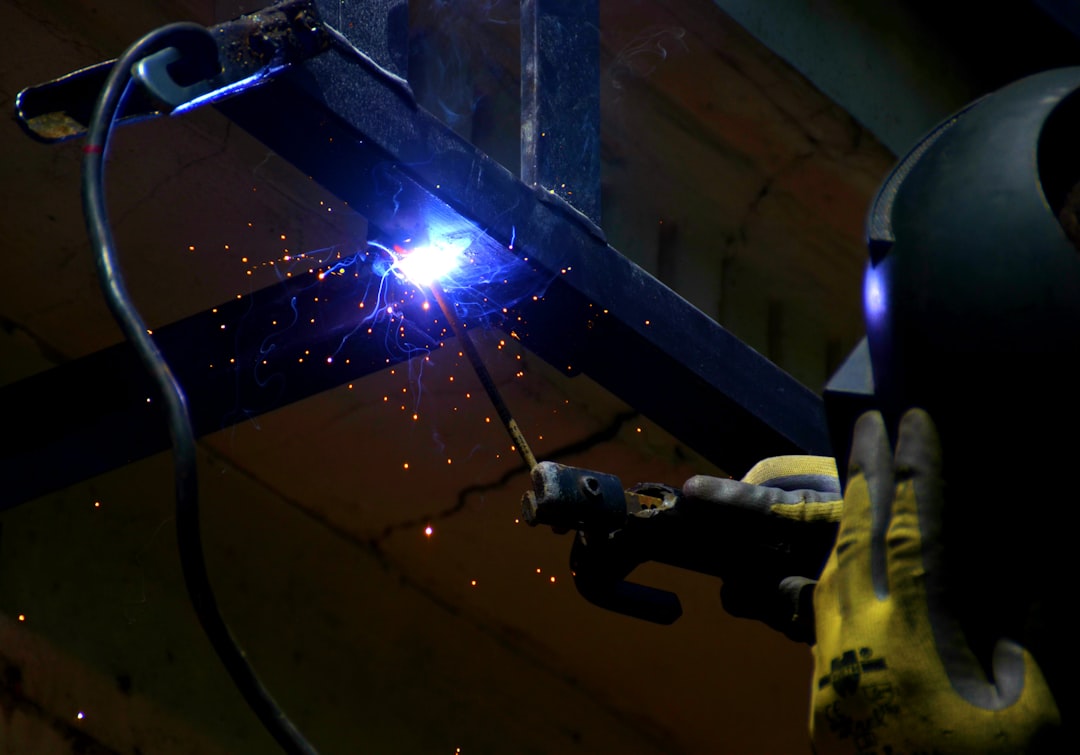The steel industry is a global behemoth, demanding high standards of quality, safety, and environmental responsibility. To navigate this competitive landscape and demonstrate your commitment to excellence, securing the right certifications is crucial. This comprehensive guide will equip you with the knowledge you need to understand, choose, and acquire the certifications that will elevate your steel business.
Understanding the Landscape: Types of Steel Industry Certifications
The steel industry offers a diverse range of certifications, each addressing specific aspects of the production process and product quality. These certifications can be broadly categorized as follows:
- Quality Management Systems (QMS): ISO 9001 is the most widely recognized QMS standard, focusing on consistent product quality and customer satisfaction. Achieving ISO 9001 certification demonstrates a commitment to established processes and continuous improvement within your steel operation.
- Environmental Management Systems (EMS): ISO 14001 is a crucial EMS standard focusing on environmental performance and minimizing the environmental impact of steel production. This certification is increasingly vital for companies seeking to operate sustainably and meet growing environmental regulations.
- Occupational Health and Safety Management Systems (OHSMS): ISO 45001 is the international standard for OHSMS, emphasizing worker safety and risk reduction throughout the steel production process. Obtaining this certification shows a dedication to employee well-being and a safe working environment.
- Product-Specific Certifications: These certifications verify the specific properties and quality of steel products, such as tensile strength, corrosion resistance, and chemical composition. Examples include certifications from organizations like ASTM International (American Society for Testing and Materials) and other national and international standards bodies.
- Industry-Specific Certifications: Some certifications are specific to certain sectors within the steel industry, such as those related to automotive steel, construction steel, or specialized steel alloys. These certifications demonstrate expertise in a particular application area.
Benefits of Steel Industry Certifications: A Competitive Edge
Securing relevant certifications offers numerous benefits for steel businesses, including:
- Enhanced Credibility and Trust: Certifications provide independent verification of your commitment to quality, safety, and environmental responsibility, building trust with clients and stakeholders.
- Improved Market Access: Many clients require or prefer to work with certified suppliers, making certification a prerequisite for securing contracts and expanding your market reach.
- Reduced Risks and Improved Efficiency: Implementing certified management systems often leads to improved efficiency, reduced waste, and minimized risks associated with accidents, non-conformances, and environmental liabilities.
- Competitive Advantage: Certifications can differentiate your business from competitors, positioning you as a leader in quality and sustainability within the steel industry.
- Employee Engagement and Motivation: Implementing and maintaining certified management systems fosters a culture of continuous improvement and employee engagement.
The Application Process: A Step-by-Step Guide
The application process for steel industry certifications typically involves several key steps:
- Gap Analysis: Assess your current management systems and identify areas for improvement to meet the requirements of the chosen certification standard.
- Documentation Development: Develop and implement the necessary documentation, including policies, procedures, and work instructions, to comply with the standard.
- Internal Audits: Conduct internal audits to verify the effectiveness of your management system and identify any non-conformances.
- Management Review: Conduct regular management reviews to assess the performance of your management system and identify areas for improvement.
- Certification Body Selection: Choose a reputable and accredited certification body to conduct the certification audit.
- Stage 1 Audit: The certification body will conduct a stage 1 audit to review your documentation and assess your readiness for the stage 2 audit.
- Stage 2 Audit: The certification body will conduct a stage 2 audit to verify the implementation of your management system on the ground.
- Certification Issuance: Upon successful completion of the audits, the certification body will issue the certification.
- Surveillance Audits: Regular surveillance audits will be conducted to ensure continued compliance with the certification standard.
Maintaining Certification: Ongoing Compliance and Improvement
Once you achieve certification, maintaining compliance is crucial. This involves:
- Regular Internal Audits: Conduct regular internal audits to monitor compliance and identify areas for improvement.
- Corrective and Preventive Actions: Implement corrective and preventive actions to address any non-conformances identified during audits.
- Management Review: Conduct regular management reviews to assess the performance of your management system and identify opportunities for improvement.
- Surveillance Audits: Cooperate fully with the certification body during surveillance audits to demonstrate continued compliance.
- Continuous Improvement: Continuously strive to improve your management system and enhance its effectiveness.
Recognition and Value of Steel Industry Certifications
The value of steel industry certifications extends beyond simply meeting regulatory requirements. These certifications demonstrate a commitment to excellence, enhance your reputation, and open doors to new opportunities. Recognized certification bodies ensure that your certification holds international weight, fostering trust and collaboration across borders. The specific value will depend on the chosen certification, but the overall impact on your business’s competitiveness and sustainability is undeniable.
By understanding the various types of certifications available, the benefits they offer, and the application process involved, steel businesses can make informed decisions to enhance their operations and achieve sustainable growth. This guide provides a strong foundation for navigating the world of steel industry certifications and forging a path to success.




